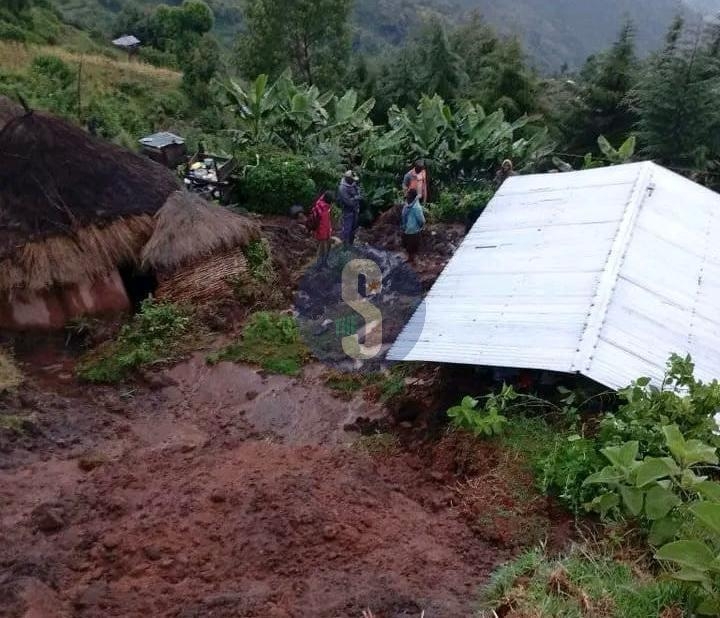Isiolo County is set to research the invasive mathenge plant, which has long encroached on vast areas of the arid and semi-arid land.
The Livestock department is collaborating with the VSF-Suisse organisation and the University of Nairobi in a three-month initiative to research the ‘Prosopis juliflora’ plant locally referred to as mathenge.
The research comes before the implementation of a three-year project for ‘strengthening drought resilience of agro-pastoral communities in Isiolo county’.
The project is called the Innovative Use of an Invasive Plant as Livestock Feed (Innopla).
It will cover Mnadanur and Korbesa in Merti sub-county, where residents and stakeholders will present advantages and disadvantages and any strategies related to managing the invasive plant.
Speaking at the two target villages, Isiolo Livestock chief officer Isaiah Epuri said the project would help the county manage the mathenge plant.
He urged the community to cooperate during the research period so the county can get favourable results.
He emphasised the importance of the research before the Innopla project’s implementation because it will guide the entire process.
The chief officer was accompanied by VSF officials and representative professors and students from the University of Nairobi.
Residents asked the development partners to support the project to be successful as previous efforts to tame mathenge failed for lack of proper coordination and resources.
The Innopla project is funded by several Swiss foundations and Cantons for Sh42 million to improve livestock, the environment and people’s health.
VSF-Suisse country director Dr Davis Ikiror said the Innopla project aims to improve food and nutrition security and enhance the resilience of agro-pastoral communities to droughts.
The project includes promoting the use of livestock feed based on ground Prosopis juliflora pods, especially during the dry season.
The research will also determine the cost, nutritional value and safety of Prosopis juliflora-based feeds compared to other compound feeds.
Prosopis juliflora, which was introduced in Isiolo county in the mid-80s to control soil erosion, has significantly hurt the environment and local livelihoods.
This has raised concerns about the rapid spread of the plant covering large areas, including grazing land and river banks, limiting access to water and pasture for livestock.
A resident, Ibrahim Golicha from Merti town, lamented the negative effects on biodiversity, reduced water availability and the resulting human-animal conflicts due to the plant's deep roots depleting water tables.
Some residents outlined various disadvantages, including tooth decay in animals, outbreak of diseases like Kalazaar due to house flies breeding on mathenge vegetation, and blocked water pathways.
Abdullahi Halkano said they were forced to shift children from Mnadanur Primary School since the plant had encroached on the compound, blocking access roads to the institution.
VSF-Suisse consortium manager Genevieve Owuor said the project's components include training participants to produce, utilise, store and market livestock feed from ground Prosopis pods.
Students from the University of Nairobi will conduct studies on the nutritional value, shelf life and safety of Prosopis-based feeds under local conditions, comparing them with market-available feeds under local conditions supervised by Nairobi University lecturers.










![[PHOTOS] Elgeyo Marakwet landslide victims arrive in Eldoret for care](/_next/image?url=https%3A%2F%2Fcdn.radioafrica.digital%2Fimage%2F2025%2F11%2F425460d9-7ff1-4975-8a1f-cd0aaefb7812.jpg&w=3840&q=100)

